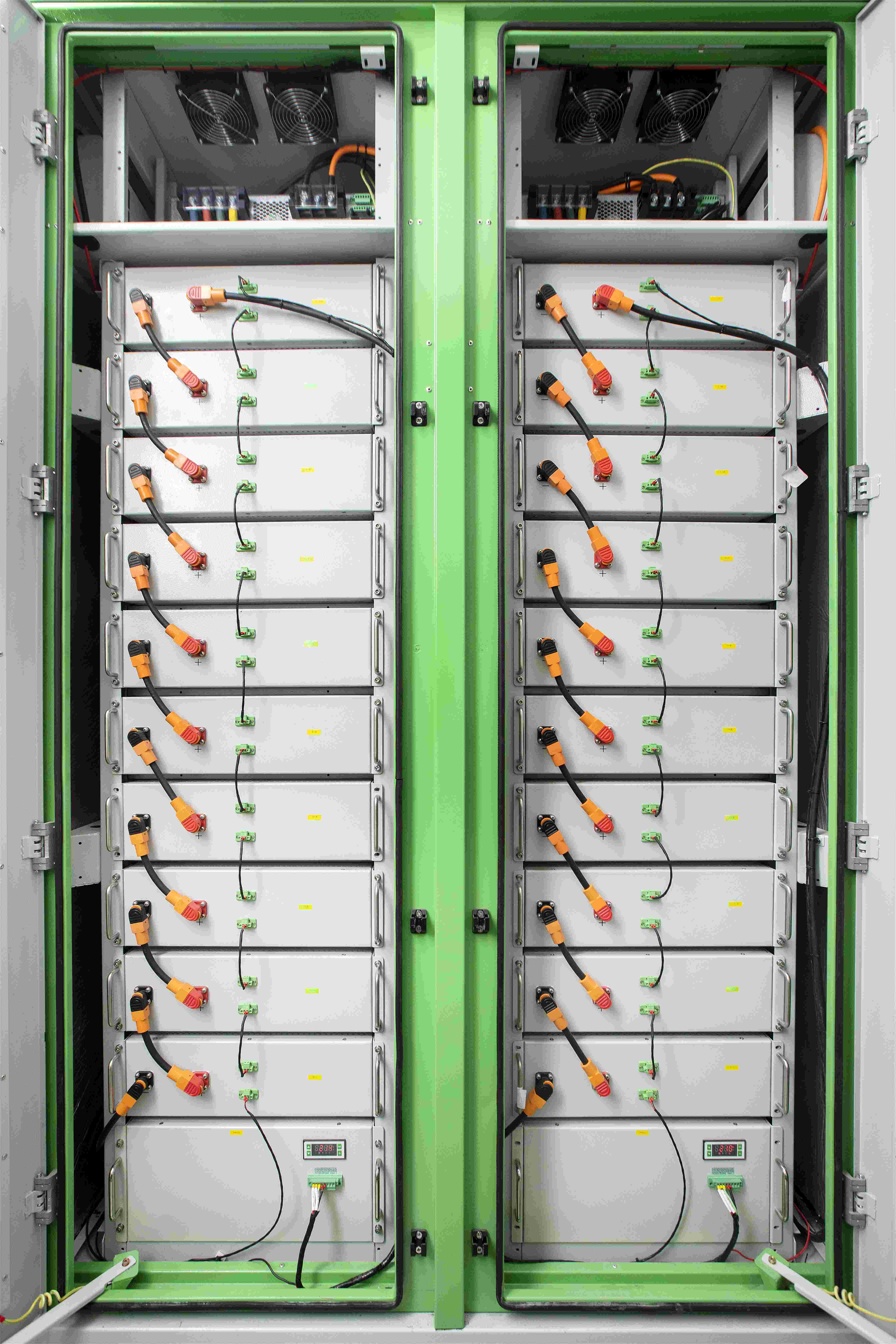
10 月 . 02, 2024 06:51 Back to list
Energy Storage Solutions Future Pathways for Suppliers and Industry Players
Technology Roadmap for Energy Storage Suppliers
The energy landscape is rapidly evolving, driven by the global demand for sustainable solutions and a shift towards renewable energy sources. As a result, energy storage systems (ESS) have emerged as critical components to enhance the flexibility, reliability, and efficiency of power systems. This article outlines a technology roadmap for energy storage suppliers, focusing on key advancements, market trends, and strategic considerations necessary to succeed in this dynamic field.
Current State of Energy Storage
Energy storage technologies, including lithium-ion batteries, flow batteries, and compressed air energy storage, are essential for addressing the intermittency associated with renewable energy sources such as solar and wind. The storage market has witnessed significant advancements, with improved energy density, reduced costs, and increased cycle life. As of 2023, lithium-ion batteries dominate the market, driven by the electric vehicle (EV) boom and continuous investments in clean energy.
Key Trends Shaping the Future
1. Increased Demand for Renewable Integration The transition to a low-carbon future mandates a higher reliance on renewable energy. As governments aim for ambitious carbon neutrality targets, energy storage suppliers must develop solutions that facilitate the seamless integration of renewables into the grid.
2. Technological Innovation Advancements in battery chemistries (such as solid-state batteries and advancements in lithium-sulfur technology) promise significant improvements in performance while reducing dependence on rare materials. Suppliers must invest in research and development to remain competitive.
3. Grid Modernization The aging grid infrastructure in many regions presents an opportunity for energy storage suppliers to offer advanced solutions, such as distributed energy storage systems that enhance grid resilience and reliability.
4. Regulatory Support Government policies and incentives aimed at promoting energy storage deployment play a crucial role in shaping the market. Suppliers need to stay informed about regulatory changes and potential funding opportunities.
5. Circular Economy and Sustainability With increasing awareness of environmental impacts, energy storage suppliers are urged to adopt sustainable practices. This includes developing recycling solutions for end-of-life batteries and utilizing eco-friendly materials in production.
technology roadmap energy storage supplier

Strategic Considerations
For energy storage suppliers looking to navigate the evolving market landscape, several strategic considerations are paramount
- Diversification of Product Offerings Suppliers must explore a diverse array of storage solutions tailored to various applications, including grid-scale storage, commercial and industrial use, and residential applications. Each segment presents unique opportunities and challenges.
- Partnerships and Collaborations Establishing partnerships with technology providers, research institutions, and utilities can foster innovation and enhance market reach. Collaborations can also streamline supply chain logistics and improve product accessibility.
- Emphasis on Customer-Centric Solutions Understanding customer needs and offering tailored storage solutions are essential. Suppliers should engage in continuous dialogue with end-users to develop systems that meet specific energy demands and economic constraints.
- Investment in Smart Technologies As the energy landscape becomes increasingly digital, integrating smart technology into storage solutions will be crucial. IoT-enabled systems can enhance performance, optimize energy management, and provide real-time data analytics for users.
- Scalability and Adaptability Given the rapidly changing energy landscape, suppliers need to ensure that their systems are scalable and adaptable to accommodate future technological advancements and market demands.
Conclusion
As the energy storage market continues to expand, suppliers must leverage innovation, strategic partnerships, and a commitment to sustainability to thrive. By focusing on customer needs and embracing new technologies, energy storage suppliers can lead the way in transforming how we generate, store, and consume energy, ultimately contributing to a more sustainable and resilient future. The roadmap is clear investing in research, fostering collaborations, and adhering to responsible practices will be the bedrock upon which the next generation of energy storage solutions will be built.
-
FREMO Portable Power Station High-Capacity, Lightweight & Reliable
NewsMay.30,2025
-
24V DC Power Supply Certified & Efficient Home Depot Exporters
NewsMay.30,2025
-
12V 2A DC Power Supply for Home Depot Trusted Supplier & Exporter
NewsMay.29,2025
-
Energy Storage Power Station Solutions Reliable & Efficient Products
NewsMay.29,2025
-
Portable Power Station R100 High-Capacity & Reliable Backup Power
NewsMay.29,2025
-
Energy Management System EMS
NewsMar.07,2025


